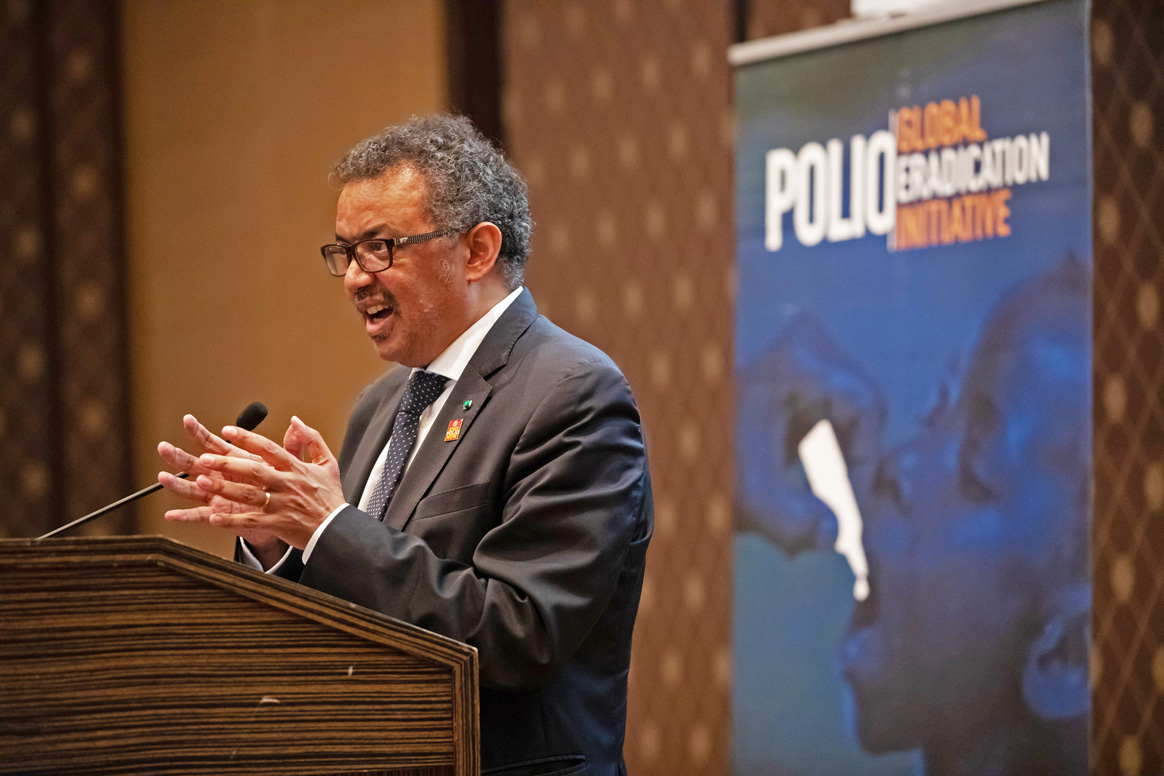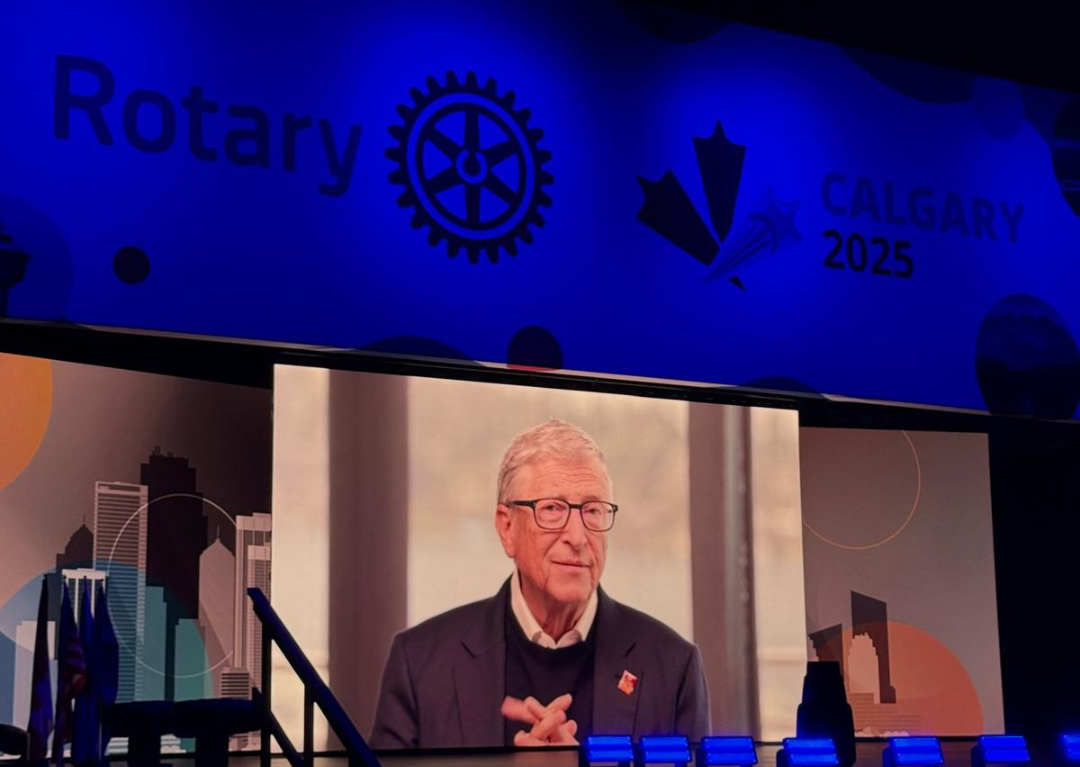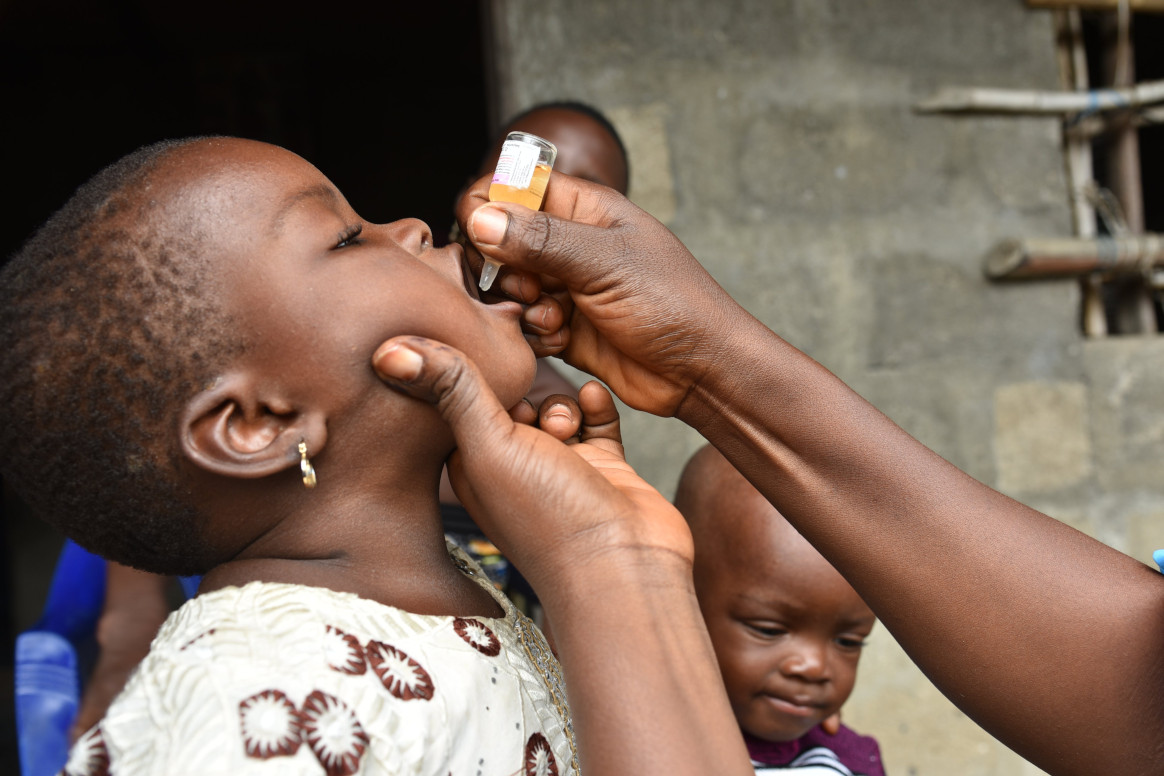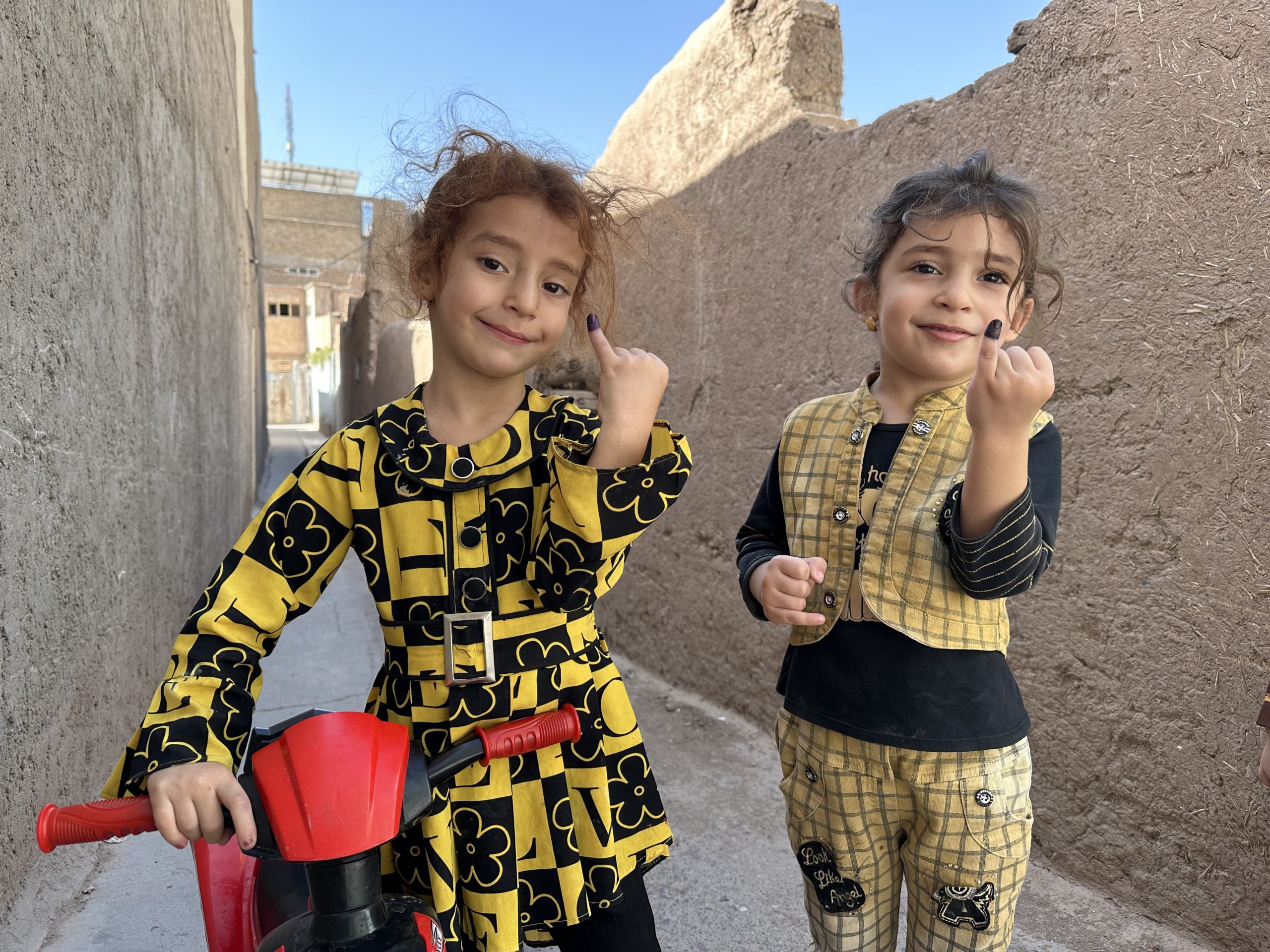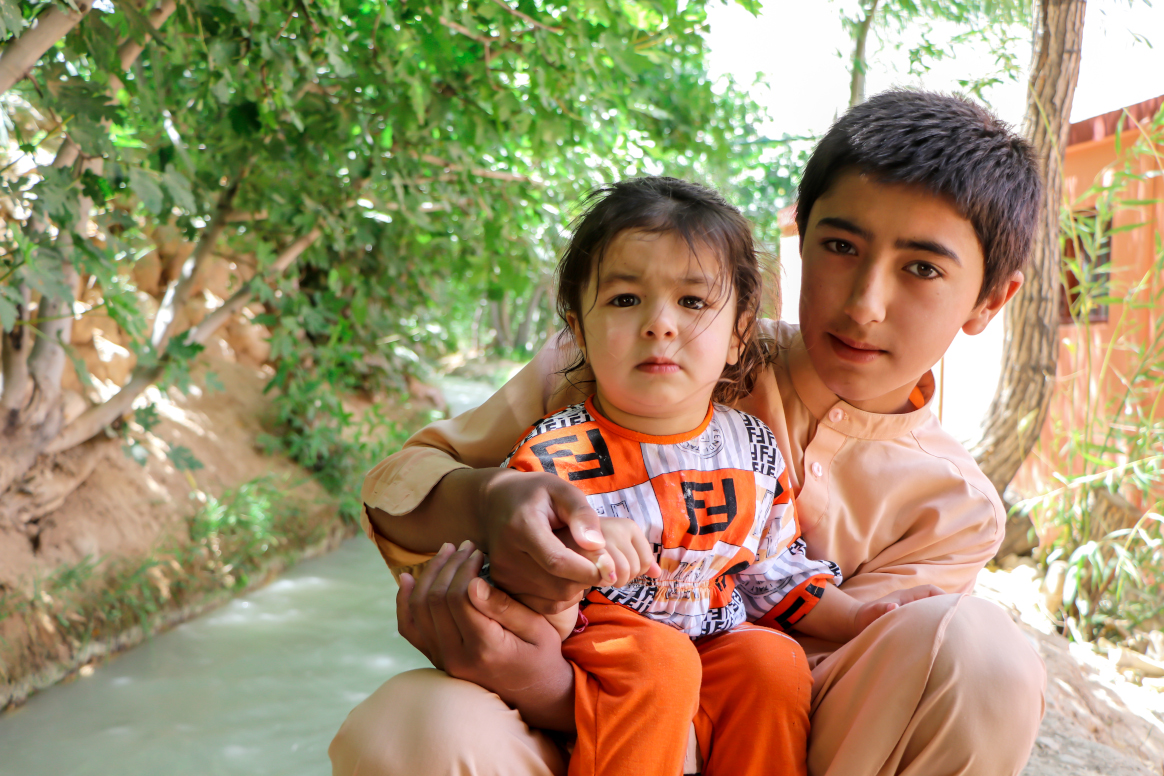
PAKISTAN marked a historic moment for polio eradication a year ago. On Jan 27, 2022, for the first time, we clocked in a year without polio paralysing a child. There was a euphoric feeling that the country had finally turned a corner. The long battle to end this disease was thought to be close to an end. But the virus had other ideas.
Despite aggressive vaccination efforts, polio was surviving and continuing to spread in a small area in southern KP. First detected only in sewage water, the virus then paralysed a 15-month boy in North Waziristan. It was the first case of polio in nearly 15 months. I was in Karachi with several members of our team when the news came. Although not surprising given the circulation detected in the environment, it was heartbreaking to hear that another child in Pakistan would never walk again because of an easily preventable disease.
Emergency responses were immediately finalised. While preparing for the work ahead, memories took me back to Borno in Nigeria, a country where I spent a decade fighting polio. After the ‘last case’ of polio in Nigeria was reported in 2014, I started to check my phone every morning, relieved that another day had passed without the virus resurfacing. Typically, it takes three years without any poliovirus for a country to be declared polio-free. But in August 2016, 30 months after the last detection of the virus, a child from a security-compromised area of Borno was found paralysed by polio. As there was poor surveillance and no ability to vaccinate, the virus had found its hiding place. One paralysed child became three. And the outbreak brought Nigeria back to square one.
I knew that the case in North Waziristan was following a familiar pattern, but it was greatly challenging, nonetheless. The year 2022 was excruciatingly demanding. It was a year of feeling the weight of huge challenges, but moving on and choosing courage, commitment and hope every time.
We have aggressively responded to any outbreak in the country, restricting the virus to just seven districts in southern KP. Our virus surveillance network has nearly doubled. We have charted the movement patterns of nomads to reach children otherwise deprived of essential immunisation. We have launched a novel project that allows us to listen to hundreds of front-line women health workers and hear their recommendations for reaching the end goal. And we are consistently working towards improving overall healthcare in areas most at risk from polio.
Polio eradication has had remarkable support and remained a priority in one of the hardest years for the country. The prime minister holds quarterly meetings on polio eradication, bringing provincial and federal leadership together. The federal health minister has visited different provinces to encourage and support provincial health ministries. There is uniform consensus and commitment across all political parties that Pakistan must win this battle against polio, and now is the time.
This commitment is there at every level, from federal health secretaries, chief secretaries and chief ministers, to the deputy commissioners directly overseeing implementation. The military and law enforcement have given the programme their absolute support, making immunisation possible in some of the hardest areas to reach, while global advocates for polio eradication, including Bill Gates and the regional directors of WHO and Unicef, have made polio eradication a top priority in their visits to the country.
We have begun 2023 with great hope and greater commitment. The first nationwide campaign was recently concluded. Despite rain, cold, snow and ice, polio workers carried on with inspirational dedication. They are the face of Pakistan’s sincerity, perseverance and hard work.
The six months ahead are crucial to eradication. This is the closest Pakistan has ever been to interrupting transmission. But the risk of the virus continuing to circulate in the seven districts of KP’s south, and the risk of it exploding beyond and bringing the virus back to polio-free areas, is real.
Polio eradication now needs a renewed countrywide sense of urgency. It needs to be important to all of us to see this virus vanquished. After three decades of the polio programme in Pakistan, there is understandable fatigue. But this is not the time to tire. This is the time to believe. A world free of polio was the birth of a dream. In countless countries at countless times, it has felt like an impossible dream — until it was possible and actually happened.
Over 99 per cent of the world has made this dream come true. And it will come true for our children too if we take this as a collective fight and finish the job. Now is the time to strengthen that resolve, to come together and make the end of polio possible.
Written by Shahzad Baig, Lead, Pakistan Polio Eradication Initiative.
This article was originally published in Dawn on January 27, 2023.
